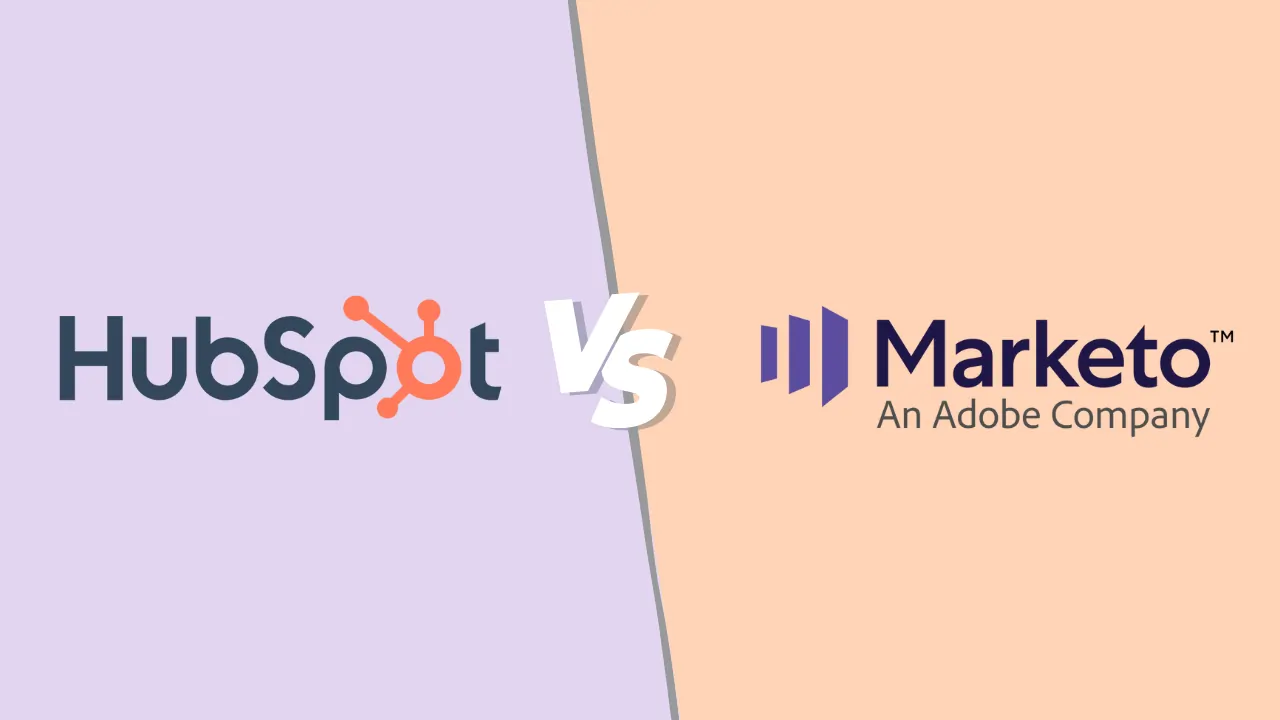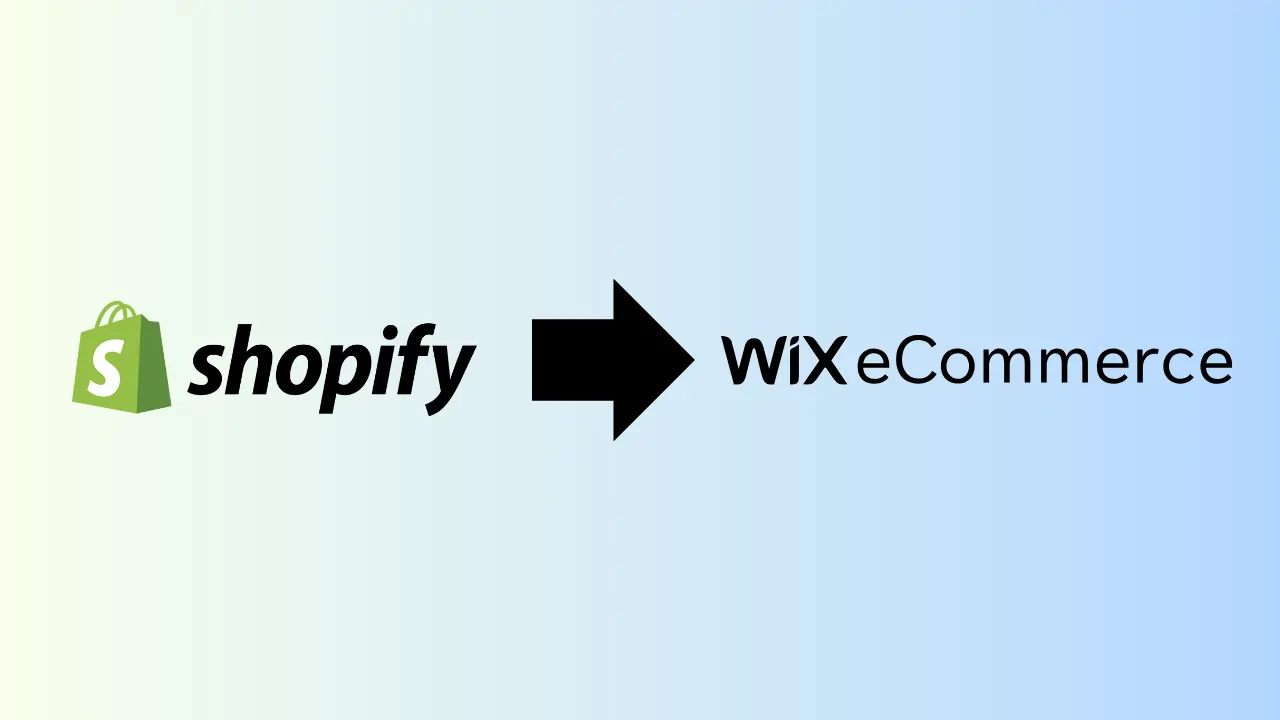How to choose the right payment processor for your small business in 2026

Accepting payments is fundamental to your business, but choosing how can feel like navigating a maze. Merchant services and payment processors vary widely, with confusing fees, different hardware, and complex contracts.
Picking the wrong one means potentially overpaying, dealing with unreliable service, or missing out on features crucial for growth.
Many articles list the “best” payment processors or the best credit card processing companies, but the truth is: there is no single ‘best’ payment processor solution for every small business. The ideal payment system depends entirely on your industry, sales volume, transaction size, and how you accept credit card payments — in-person, online, or via mobile payment apps.
This guide explains the crucial factors to consider when evaluating merchant services in 2025. More importantly, it shows you how to skip the hours of confusing research and get a free, personalized recommendation in just 60 seconds using Sonary’s matching tool.
Find your ideal payment processor in under a minute
Skip the guesswork — take our free quiz to get matched with the right payment processor based on your business type, sales volume, and preferred online payment methods.
It’s free, quick, and unbiased.
Your payment processor choice matters more than you think
Your merchant services provider directly impacts several core areas of your business:
- Your bottom line: Credit card payment processing fees affect profit margins directly. Confusing structures often hide higher rates, but choosing the right credit card payment app for small business can save you thousands per year.
- Customer experience: Shoppers expect secure, fast online payments and easy ways to pay — whether through a payment link, mobile card reader, or online credit card payment solution.
- Cash flow: The speed at which you receive funds matters. A good payment processor ensures faster funding to your bank account.
- Security and compliance: PCI DSS compliance protects your business. Reliable payment gateway providers help you stay compliant and reduce fraud risk.
Choosing based only on advertised rates or hardware overlooks these critical impacts. Finding a partner aligned with your business model is key.
Decoding the options: Key factors to consider
Choosing the right payment processor involves juggling several interconnected factors. Getting just one wrong can lead to headaches down the line. Here’s what you need to consider
- Pricing models (and hidden fees): This is often the most confusing part. Processors use different structures:
- Interchange-plus: Transparent, often cost-effective, but rates vary.
- Flat-rate: Simple and predictable, but potentially expensive for certain businesses.
- Tiered: Least transparent, often leads to higher costs due to downgrades. Avoid if possible.
- Watch for: Monthly minimums, statement fees, PCI fees, chargeback fees, and early termination fees (ETFs).
|
Pricing model |
How it works |
Pros |
Cons |
Best for |
|
Interchange-plus |
Actual card network fee (Interchange) + Processor’s fixed markup. |
Most transparent; Often lowest cost overall. |
Rates vary per transaction; Can be complex to reconcile. |
Businesses with consistent volume; Those wanting transparency. |
|
Flat ate |
One fixed percentage (+ maybe a per-transaction fee) for all card types. |
Simple & predictable; Easy budgeting. |
Can be expensive for low-value transactions or debit-heavy sales. |
Startups; Low-volume businesses; Businesses prioritizing simplicity. |
|
Tiered |
Transactions grouped into tiers (Qualified, Mid-, Non-Qualified) with set rates. |
Can seem simple initially. |
Least transparent; Often leads to high costs (downgrades are common). |
Generally not recommended for most small businesses due to opacity. |
- How you accept payments: Your ideal payment processor depends on where and how you sell:
- In-person (Retail/Restaurant): For retail or restaurants, use mobile credit card processing or POS terminals that handle tap, chip, or swipe transactions.
- Online (eCommerce): You’ll need an online payment gateway compatible with your eCommerce platform (Shopify, WooCommerce, BigCommerce). These connect your online payment provider to your checkout page.
- Mobile (On-the-go): Use payment apps or take credit card payments on iPhone using a connected reader.
- Invoiced: Send payment links for clients to pay remotely — useful for consultants or service-based businesses.
- Hardware needs: Do you need a credit card machine, or can you accept credit card payments online using a virtual terminal?
Some small businesses accept credit card payment without a machine entirely by using online payment platforms or cash app business accounts for mobile payment processing.
Ensure your setup integrates with your accounting software (QuickBooks, Xero) and eCommerce platforms.
- Software integrations: Does the processor integrate smoothly with your existing tools? Key integrations include:
- Accounting software: QuickBooks, Xero, Sage, etc., for automated reconciliation.
- eCommerce platforms: Shopify, BigCommerce, Magento, etc.
- POS software: If you’re using a specific system, such as Toast or Lightspeed.
- CRM or booking software. Lack of integration means manual data entry, wasting time and risking errors.
- Security and PCI compliance: Non-negotiable. Your processor must help you meet Payment Card Industry Data Security Standard (PCI DSS) requirements to protect cardholder data. Look for features like end-to-end encryption, tokenization, and clear guidance on achieving and maintaining compliance. Non-compliance can lead to hefty fines.
- Contract terms and support: Are you locked into a long-term contract with a steep early termination fee? What are the setup costs? How quickly can you get support if your system goes down during peak hours? Look for month-to-month options or clear, reasonable contract terms and accessible, reliable customer support.
Evaluating all these factors across multiple providers takes significant time and expertise, making a direct, apples-to-apples comparison incredibly challenging for busy small business owners.
The challenge: Comparing apples to oranges
Even after understanding these factors, comparing payment processors remains tough:
- Opaque pricing: Many cc payment processors don’t publish their full rate structures. Full fee schedules are often hidden. Tiered rates make predicting costs nearly impossible without a detailed analysis.
- Technical jargon: Gateways, processors, ISOs, PCI levels – it’s an overwhelming landscape for non-experts.
- Varying features: Bundled vs. add-on costs for software and hardware require careful reading of the fine print.
- Time commitment: Researching and getting quotes takes hours that most small business owners don’t have.
Many businesses stick with a suboptimal processor simply because comparing options is too tricky.
Stop researching, start matching: Your free personalized recommendation
Instead of deciphering complex fees and features, get a tailored recommendation for the best merchant service provider for your specific business in about a minute with Sonary’s free payment processor matching tool.
Answer a few simple questions — your industry, average transaction size, how you take credit card payments online, and your preferred online payment methods — and get matched instantly with leading payment processors.
Why use the Sonary matching tool?
- 💰 It’s free: No cost, no obligation.
- ⚡ It’s fast: Takes just 60 seconds.
- 🧭 It’s personalized: Results based on your real data.
- 🔍 It’s unbiased: Compares top payment processors side-by-side.
- 🧮 It saves money: Helps you find the most efficient online credit card processing structure for your business.
Stop guessing and potentially overpaying. Find the payment processor that truly fits your small business needs right now.
Find your perfect payment processing fit
Your payment system isn’t just an operational tool — it’s central to your business’s financial health. Whether you need to accept online payments, create a payment link, or use a mobile payment app, the right payment processor can simplify everything.
While the options can seem overwhelming, remember that the “best” processor isn’t a one-size-fits-all solution. It’s the one that aligns with your specific sales volume, transaction types, software needs, and budget.
By understanding the key factors and leveraging tools like Sonary’s free matching quiz, you can confidently identify the best way to accept credit cards online, saving you time, money, and hassle, and letting you focus on what you do best – running your business.
Frequently asked questions
Q. What are the average credit card processing fees for a small business?
A. Effective rates typically range from 1.5% to 3.5%. Flat rates (like Square/Stripe) are often ~2.6%-2.9% + $0.10-$0.30 per transaction, while interchange-plus varies but can be cheaper overall for higher volumes.
Q. Which payment processor is the cheapest for small businesses?
A. No single processor is cheapest for everyone. It entirely depends on your sales volume and how you accept credit card payments (online or in person). Use Sonary’s matching quiz to find your best fit.
Q. How can I accept credit card payments online without a machine?
A. Use an online payment gateway or send a payment link. Many small businesses use Cash App business accounts, PayPal, or Stripe to process a credit card without hardware.
Q. How do I take credit card payments on iPhone?
A. Use mobile credit card processing apps like Square or Stripe Terminal that connect directly to your phone.
Q. What is PCI compliance and why does it matter?
A. PCI DSS is a set of mandatory security rules for handling credit card data. Compliance protects against breaches and avoids hefty fines and reputational damage. Your processor must help you comply.
Q. How difficult is it to switch payment processors?
A. It depends. Easy with month-to-month providers (Square, Stripe). Difficult and costly if you have a long-term contract with early termination fees (ETFs) or leased proprietary hardware. Always check your contract.
Q. Do I really need a dedicated merchant account?
A. Not always. Aggregated accounts (Square, Stripe) are quicker to set up and fine for many SMBs. Dedicated accounts offer more stability and potentially lower rates for higher volumes but have a stricter application process.
Q. What’s the best online credit card payment solution for small businesses?
A. The best way to accept credit cards online depends on your setup — eCommerce stores need payment gateway services, while service businesses may prefer payment links or apps.




